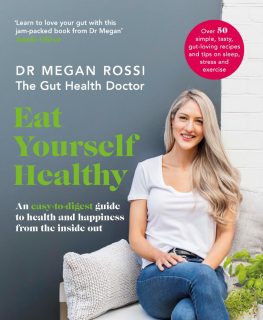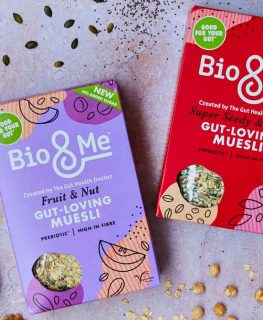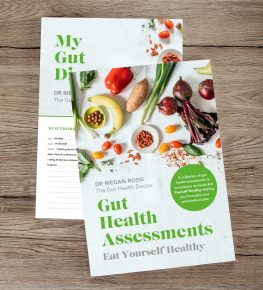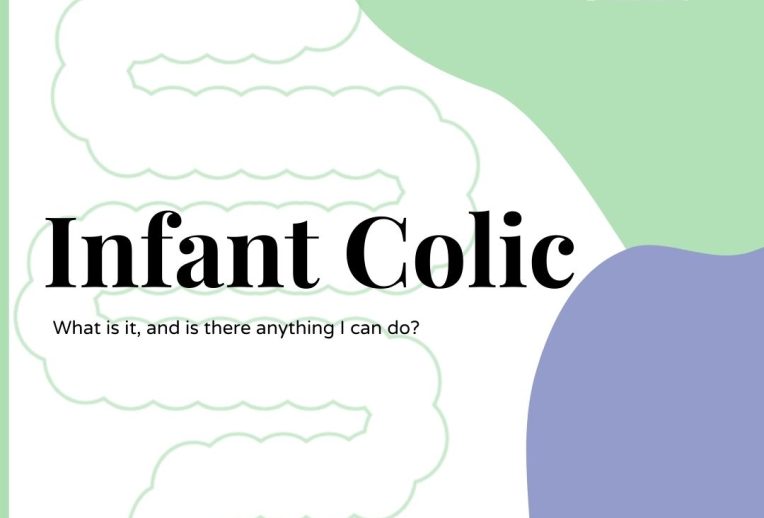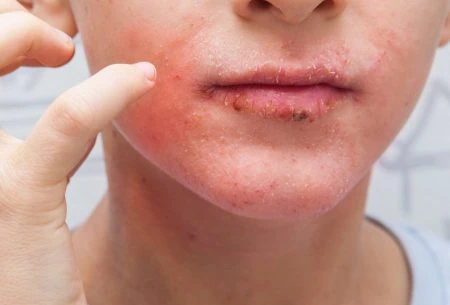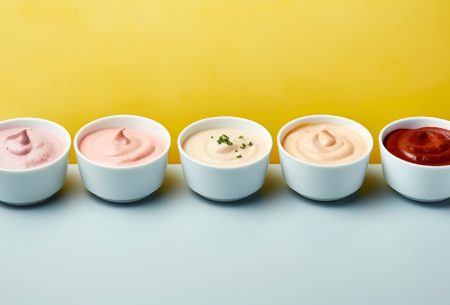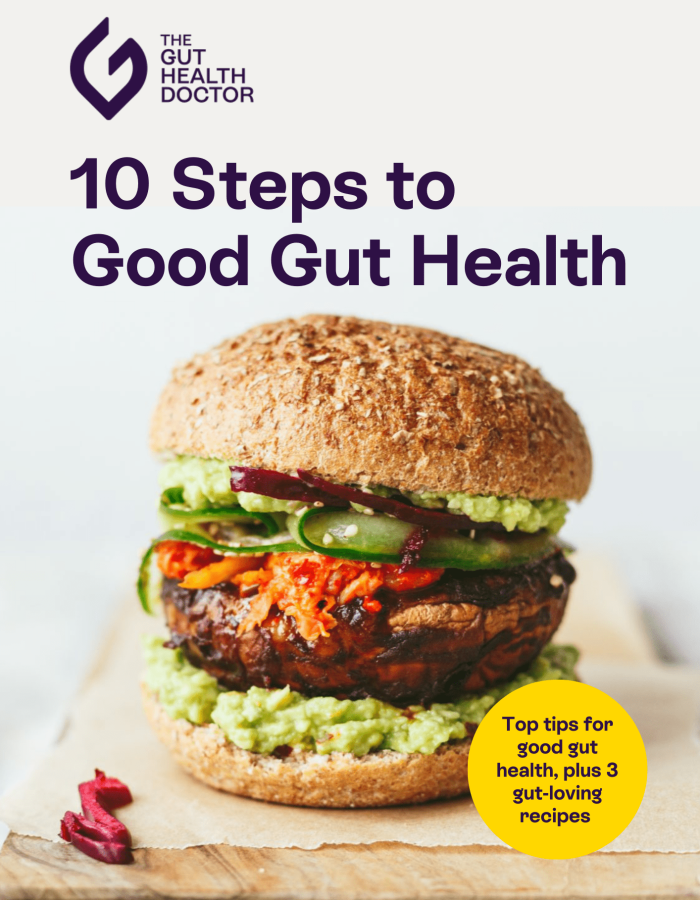What is Colic?
Colic is one of the most common infant feeding problems where your baby cries inconsolably for no obvious reason, and where nothing the parent does seems to help which can understandably be upsetting or even frightening for a new parent.
It is classified by the rule of 3:
● Crying for more than 3 hours a day
● Crying for 3 days or more per week
● Persisting for 3 weeks
Colic usually starts within the first 6 weeks of life and self resolves by 6 months. Generally these crying episodes occur in the evening or afternoon, and the baby may draw their legs up when they cry, clench their hands and appear flushed in the face.
What causes it?
There’s no defined cause of colic to date despite extensive research, but it is thought that several factors may contribute including an immature gut, intestinal gas, food allergy, and gut microflora. Exposure to cigarette smoke and parental behaviour (e.g. anxiety and stress) have also been associated with increased incidence of colic.
What can you do?
If your baby displays any of these symptoms, the first step should be confirm that the crying is in fact colic and not any other underlying condition (reflux, cows milk protein allergy, constipation, etc) so it is important to discuss this with your doctor and health visitor.
There is currently limited evidence for treatments for colic as this is a generally self-resolving condition. Feeding positions and avoiding overstimulation are often recommended, and there is growing clinical support for the use of probiotics, notably lactobacillus reuteri which had some positive impact on colic symptoms in breastfed babies in studies. Dietary modification or specialised formulas have not been shown to be beneficial in colic, and it is always best to chat to your doctor, health visitor or paediatric dietitian before excluding foods or introducing specialist formulas.
Lucy, our paediatric dietitian at The Gut Health Clinic specialises in paediatric gut health and is a great person to speak to if your baby or child is having troubles



